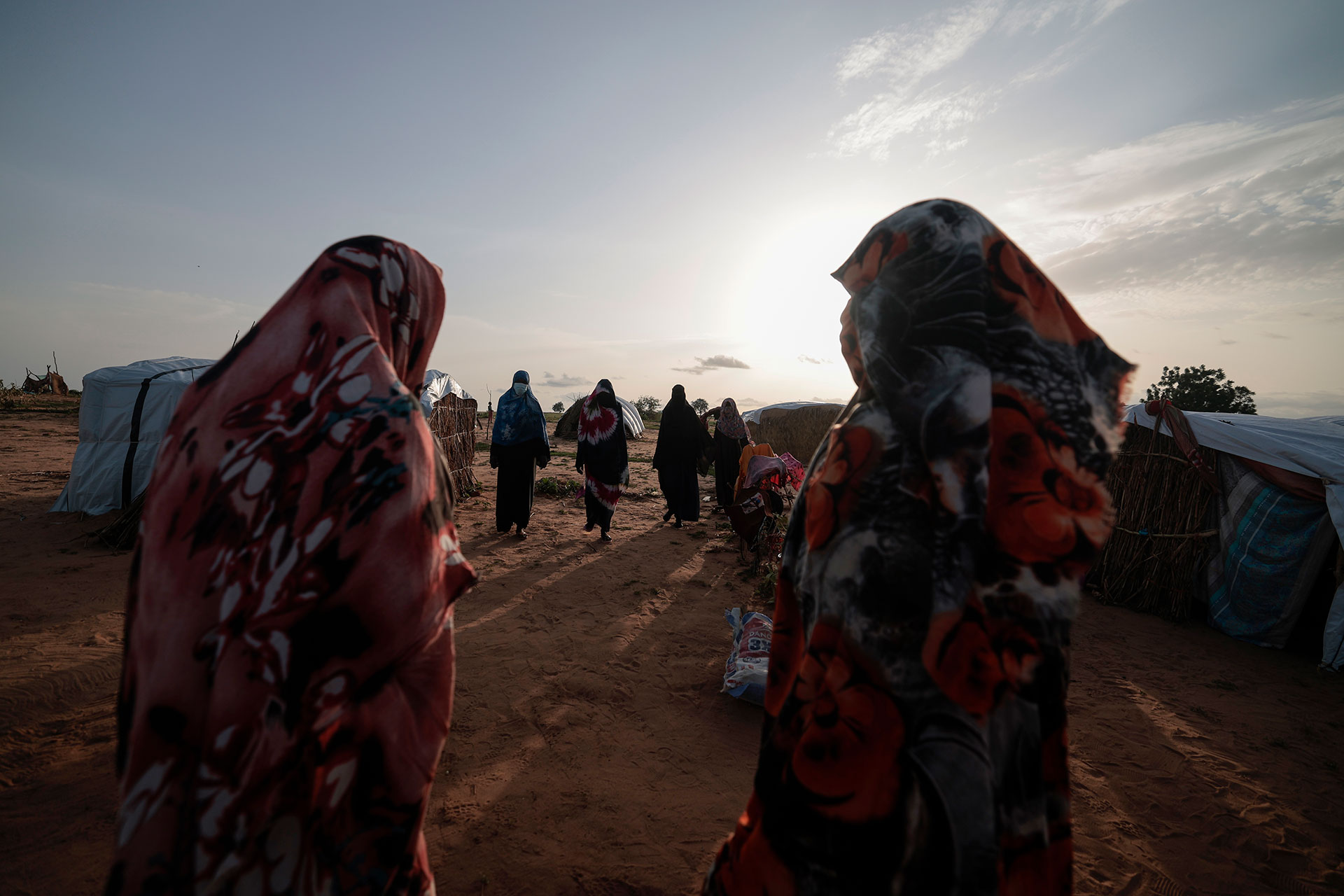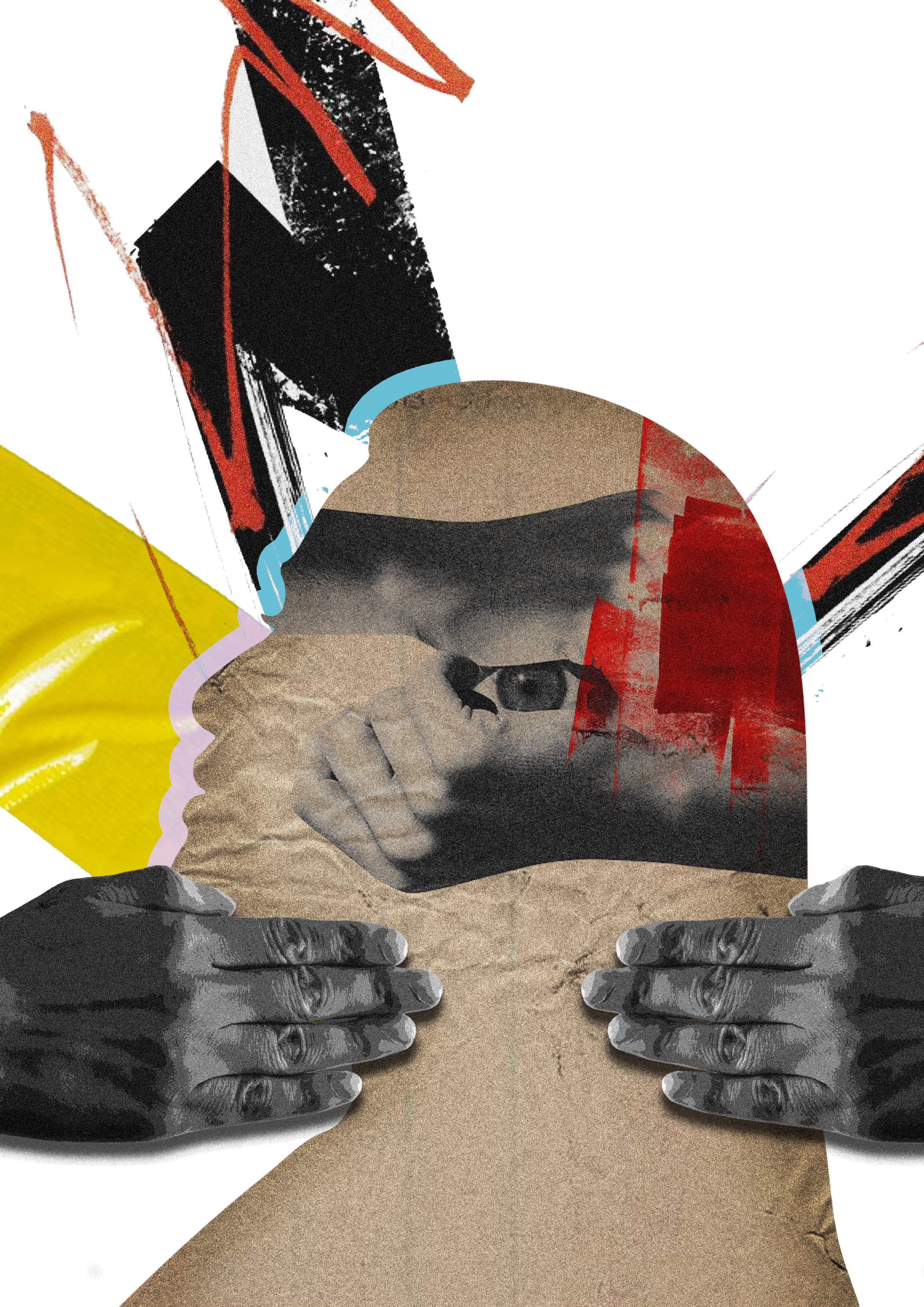To combat gender-based violence, do away with systemic bias

The 16 Days of Activism against Gender-Based Violence, an international call to raise awareness and prevent violence against women and girls, are pivotal towards meeting the 2030 gender equality benchmark of the Sustainable Development Goals (SDGs). The key directives of the international movement entail tangible steps of listening, inquiring, validating, enhancing, and supporting women to ensure that the goals of gender equality and public safety are met.
Violence against women is called the Shadow Pandemic, which has been intensified further by the perils brought about by the Covid-19 pandemic. The worldwide spike in gender-based violence (GBV) can be attributed to prolonged armed conflicts, climate change, socialisation of genders into set hierarchies, and normalisation of continued violence. The subject of GBV gained visibility as more women entered public spheres and as atrocities of mass rape camps during armed conflicts became widely covered—when survivors (such as from Bangladesh, Rwanda, and former Yugoslavia) came forward and testified against the brutal acts of war.
The data on violence against women and girls that is available shows the crippling impact GBV has on the survivors and on societies. One in three women has been subject to sexual violence perpetrated by intimate partners. Violence against women costs at least $1.5 trillion worldwide; yet, it continues to prevail. Division within women's movement and advocacy is one of the cruxes that normalises this continuation, especially when it comes to the economy of violence. Veiled misogyny and corporate interests have co-opted the progressive language of gender equality and women's rights movements to the extent that violence can be passed on as female empowerment and freedom. This is evident in the realm of sex work, where freedom comes with strings attached. What is sold as empowerment may not necessarily be empowering. Production and public display of GBV makes it even more palatable.
International conventions, while correct in spirit, have been unactionable and have not been able to penetrate the gridlocks and biases built into disparate and national legal frameworks. Only sustained efforts from the local civil society and women's rights organisations have been able to achieve greater impact in Bangladesh, such as taking out the discriminatory clause from the Evidence Act, 1872, which used to retraumatise the survivors of violence by questioning their character and conduct in court. Yet, much of the social burden of proof lies on the survivor, the process further daunted by a lack of a survivor-oriented approach to safeguard the affected group.
Gender-based violence is multifarious and stems from diverse contexts. The overwhelming majority of GBV targets are women and girls, subject to intimate partner violence or violation by perpetrators who are known. But men, transgender, gender-fluid, and gender non-conforming individuals are also subject to violence based on their gender expression. So are women, girls, and gender non-conforming people from minority communities, poor and Indigenous individuals, and women with disabilities or pre-existing health conditions. A devastatingly high rate of gender non-conforming people have reportedly lost lives to violence globally. Dr Dara Cohen, professor of public policy at Harvard Kennedy School who has conducted extensive field research on the use of rape as a weapon of war, states that when men are raped, it is usually termed as torture. Such expansive understanding of how unequally gender norms and expressions can operate broadens the scope of the 16 Days of Activism.
Criminal laws across borders do not recognise the disparity and diversity of such cases and fall short of recognising even the bare minimum. Cases of rape are not even recognised as such unless they meet set standards. The concentrated efforts of the campaign need to withstand systems where violence is a built-in mechanism that is necessary for the system to exist in its current state. Feminist activist and author Caroline Criado Perez studies how gender bias is built into these supposedly neutral systems from their very inception. While it is important to galvanise around violence and high-profile cases, the micro networks, policy decisions, and designs that produce repeated violations, denigrations, and indifference need to be part of the prevention discourse. Awareness is only the first step.
Gender inequality and violence as the outcome of a society are symptomatic of the ethos that shape policies, family structures and opportunities for men and women. Much of the violence is regarded as violence due to the absence of affirmative consent given by the affected individual. However, the concepts that the recognition of violence are based on are as convoluted as the structures within which violence occurs. Consent without context does not mean much. Catharine A MacKinnon, former special gender adviser to the prosecutor of the International Criminal Court, points out the futility of basing arguments of gendered violence on the idea of consent, and argues that real consent does not exist as women who are structurally unequal in society cannot be free and equal in sex.
Gender-based crimes are also considered to be life-force crimes as women become strategic targets for denigration and erasure in acts of war and revenge. Such brutality has been normalised by taking gender-based violence as a given in both private and public spheres and as a coincidental outcome during episodes of aggression. The gravity of such reprehensible crimes against women has been deflated and swept under the rug as cataloguing them into mainstream and national narratives would promote abortions and contraceptives (two highly contested reproductive rights issues in the world).
In the context of Bangladesh, workers' demand for higher wages and protection of their rights is a critical gender equality matter as most of the workers in the leading export industry, ready-made garment, are women. Women caregivers and domestic workers are increasingly joining the diaspora of migrant workers. GBV at the workplace and public sphere has devastating consequences as in recent years Bangladeshi female migrant workers have returned home in coffins. The dedicated days of activism produce awareness of government failures worldwide to address the high proportions of GBV and when the diverse contexts for violence are accounted for, the proportions of loss are even higher.
The wide transfer networks within social service non-profits and civil society organisations may sometimes befuddle help-seekers. Some social services do exist. The caveat is that of creating effective access so that seeking help is not costly, time-consuming, and/or a retraumatising experience. We need to amplify the voices of affected women and individuals, as the ones who are visible in the movement may not necessarily be the ones who are most affected. Regardless of the quotidian inertia of national governments, as women's movements around the world become more inclusive and critical of the system that enables violence, more promise lies ahead of the 16 Days campaign.
Sarzah Yeasmin is a Boston-based Bangladeshi writer. She works at Harvard Kennedy School and is currently pursuing a micro-master's in data and economics at Massachusetts Institute of Technology (MIT).
Views expressed in this article are the author's own.
Follow The Daily Star Opinion on Facebook for the latest opinions, commentaries and analyses by experts and professionals. To contribute your article or letter to The Daily Star Opinion, see our guidelines for submission.




 For all latest news, follow The Daily Star's Google News channel.
For all latest news, follow The Daily Star's Google News channel. 


Comments